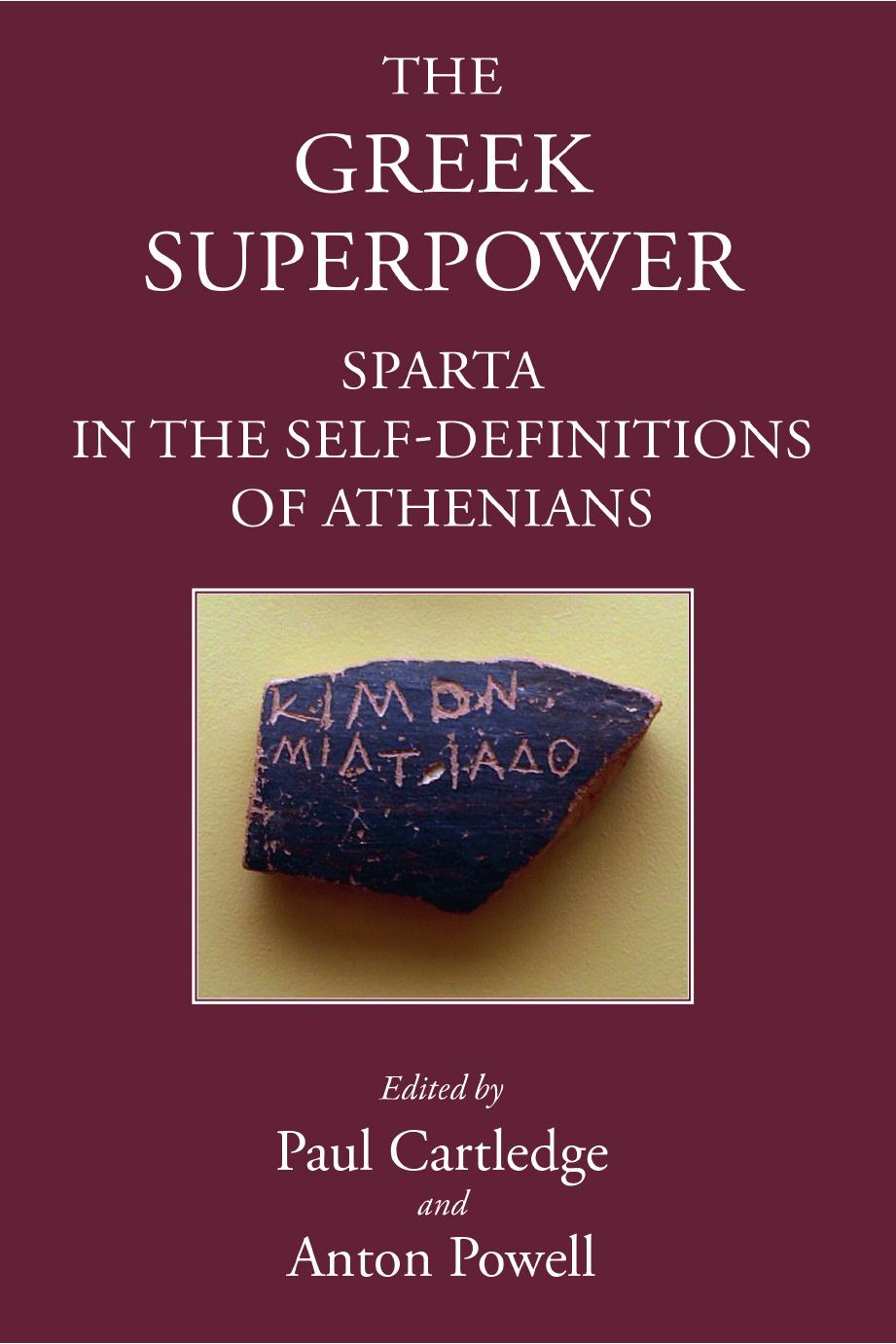

Most ebook files are in PDF format, so you can easily read them using various software such as Foxit Reader or directly on the Google Chrome browser.
Some ebook files are released by publishers in other formats such as .awz, .mobi, .epub, .fb2, etc. You may need to install specific software to read these formats on mobile/PC, such as Calibre.
Please read the tutorial at this link: https://ebookbell.com/faq
We offer FREE conversion to the popular formats you request; however, this may take some time. Therefore, right after payment, please email us, and we will try to provide the service as quickly as possible.
For some exceptional file formats or broken links (if any), please refrain from opening any disputes. Instead, email us first, and we will try to assist within a maximum of 6 hours.
EbookBell Team

4.7
76 reviewsSparta, notoriously, was for Greeks the greatest Hellenic military, or moral, power for most of the fifth, as well as the early fourth, century. For Greek intellectuals Sparta's value as inspiration, or indeed model, far surpassed that of the Athenian demokratia. Leading politicians of Athens, Kimon and Perikles, evaluated their city against Spartan norms. The purpose of this volume is to explore Sparta's moral penetration of Athens itself. The book examines the systematic attempts by Athenian writers - Xenophon, Plato and several others - to apply Spartan principles to reformed or ideal states. This Athenian intellectual practice of designing 'super-Spartas' went beyond mere abstraction. The volume will consider the case of Kritias, one of Athens' rulers at the hinge moment of 404/3, who not only wrote eulogistically of Spartan practices but also attempted - under the protection of Spartan troops - to reform Athens on Spartan lines, a process which involved disfranchising (and deporting to the Peiraieus) the majority of Athenian citizens, in order to achieve a Sparta-like social structure of full citizens, perioikoi and the unfree. To understand why and how that attempt was made, and why it did not succeed, is not only fundamental for Athenian history; it also requires an understanding of Sparta and of its reception within Athens.